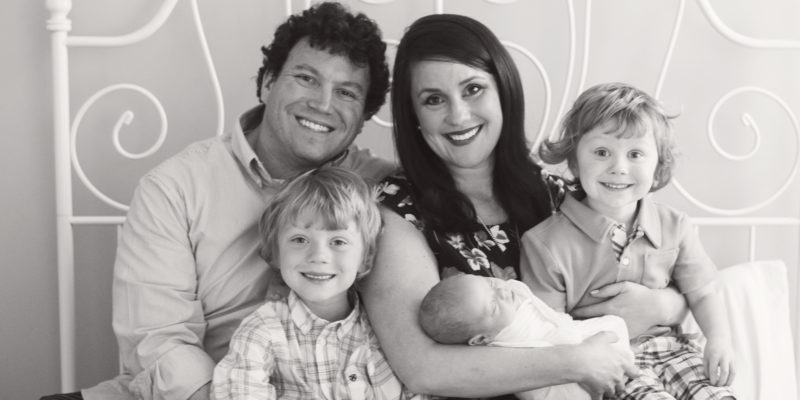I know. The title of this blog sounds like a book you’d find in the self-help section of the library. Unfortunately, this concept has been hijacked by pop culture and has become the stuff of talk shows, because it’s so much more than that.
One of the tasks of the faith journey is shedding those false things about yourself and allowing the truest you–the you God designed you to be–to come through.
One of my favorite traveling companions, Thomas Merton, spoke a lot about the false self and the true self:
Every one of us is shadowed by an illusory person: a false self. This is the man that I want myself to be but who cannot exist, because God does not know anything about him…My false and private self is the one who wants to exist outside the reach of God’s will and God’s love — outside of reality and outside of life. And such a life cannot help but be an illusion… The secret of my identity is hidden in the love and mercy of God…Therefore I cannot hope to find myself anywhere except in Him… Therefore there is only one problem on which all my existence, my peace and my happiness depend: to discover myself in discovering God. If I find him, I will find myself, and if I find my true self I will find Him.
Thomas Merton, New Seeds of Contemplation, pp. 34-36
Merton went on to say, “To become a saint means to be myself. Therefore the problem of sanctity and salvation is in fact the problem of finding out who I am and of discovering my true self.”
What is the False Self?
In his book, Being the Beloved, Henri Nouwen said all of us circle around three lies, three false ways of living our lives:
- I am what I have.
- I am what I do.
- I am what other people say (or think) about me.
I think he’s on to something. How often do we base our worth and our identity on possessions, career, or other’s opinions of us? The problem with these things is that they’re transient. Fleeting. Constantly changing. And when we spend our lives chasing these, we’ll find ourselves exhausted and miserable because none of these things is a reflection of who we really are at the deepest level.
What is the True Self?
The question to answer is this: what is the truest thing about me? It’s not your nationality or your economic status or your giftedness or even your unique personality.
The truest thing about you is that you are God’s beloved child.
The true self understands what lasts (and what doesn’t). The true self can only hold onto identities such as religion and nationality to a small degree; they are only one part of us. Our truest self, being God’s beloved, becomes a place that we can always return to when we are battered by a culture that defines us by our actions, our bank account, our merits.
The false self demands doing for God as a means to earn divine love. The true self is comfortable just being with God because divine love has already been extended.
Out of our truest selves we can offer our unique gifts to the world. We can love well. We can give openly. We can serve without judging.
Discovering your truest self doesn’t happen on an overnight retreat or in a epiphany at church. It’s a process of recognizing what motivates us and directs our actions. We chip away at the false self bit by bit, aided by spiritual practices and tools:
- The Spiritual Exercises of Saint Ignatius
- Journaling
- Silence & Prayer
- Meditation
- Honest Discernment
- The Examen
- The Enneagram
- Poetry and Music
- Traveling Companions
- Pilgrimage
- Spiritual Direction
As you begin to live out of your truest self, you’ll begin to feel freer. Less controlled by others’ opinions and the demands of culture. You’ll laugh more. You’ll be more open about what makes you weep and what angers you. You’ll give more generously. Why?
Because when you understand–completely believe–that you are God’s beloved, you have found the freedom that Jesus spoke about when He said, “Then you will know the truth, and the truth will set you free” (John 8:32).



Leave a Reply